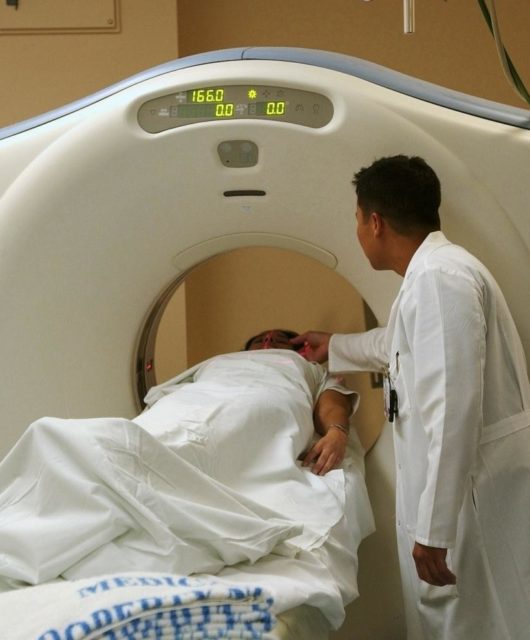PCOS and Pregnancy

Polycystic Ovary Syndrome is not a widely understood condition either by doctors or the public, but the one thing everyone knows about it is that it affects fertility. If you don’t know the details, and you’re doctor isn’t the best communicator, you might be forgiven for thinking that a PCOS diagnosis is synonymous with infertility – but you shouldn’t immediately give up hope. PCOS presents challenges to people trying to get pregnant, but you shouldn’t think of it as the end of the road.
Today we’re taking a closer look at PCOS, pregnancy and how the two interact.
What Does PCOS Do?
Polycystic Ovary Syndrome is a hormone driven health issue: your body produces too much insulin and androgen, leading to weight gain and disrupted menstrual cycles, among other symptoms.
The major problem it presents to getting pregnant is that disrupted menstrual cycle: that extra androgen interferes with the cycle of hormonal processes that select and mature an egg to be released from your ovaries each month. It can delay ovulation, or even lead you to skip it altogether. This means it’s hard to identify when you can conceive: if you’re not trying around when you ovulate, you won’t be successful.
Tracking Ovulation
The first thing you need to think about is when you ovulate: it’s rarer and less predictable if you have PCOS, which means you have less chances to get pregnant.
There are lots of different systems you can use to alert you when you ovulate, or even predict when you’re going to, but many are harder to use when you have PCOS. Hormone based testing kits work like pregnancy tests, so they’re easy to use but the disruption to your hormone cycle caused by Polycystic Ovary Syndrome means they won’t give accurate results.
Basal Body Temperature is a clearer indicator, and there are plenty of integrated solutions available that both take your temperature and give you a prediction so you know when you’re due to ovulate.
Stimulating Ovulation
You also need to address your body’s irregular or non-existent ovulations, caused by PCOS. Medication is available that can stimulate a more regular monthly cycle, so talking to a doctor is an important step.
There are also lifestyle changes you can make to help your body help itself: losing some of the weight PCOS makes you gain can help to regularise your cycle, and adding lots of green vegetables to your diet isn’t just healthy in general: it gives you a boost in b-complex vitamins that help to manage insulin and therefore can affect all the rest of your symptoms.
With these lifestyle changes and an effective fertility tracker like OvuSense, PCOS & pregnancy don’t have to be mutually exclusive!









